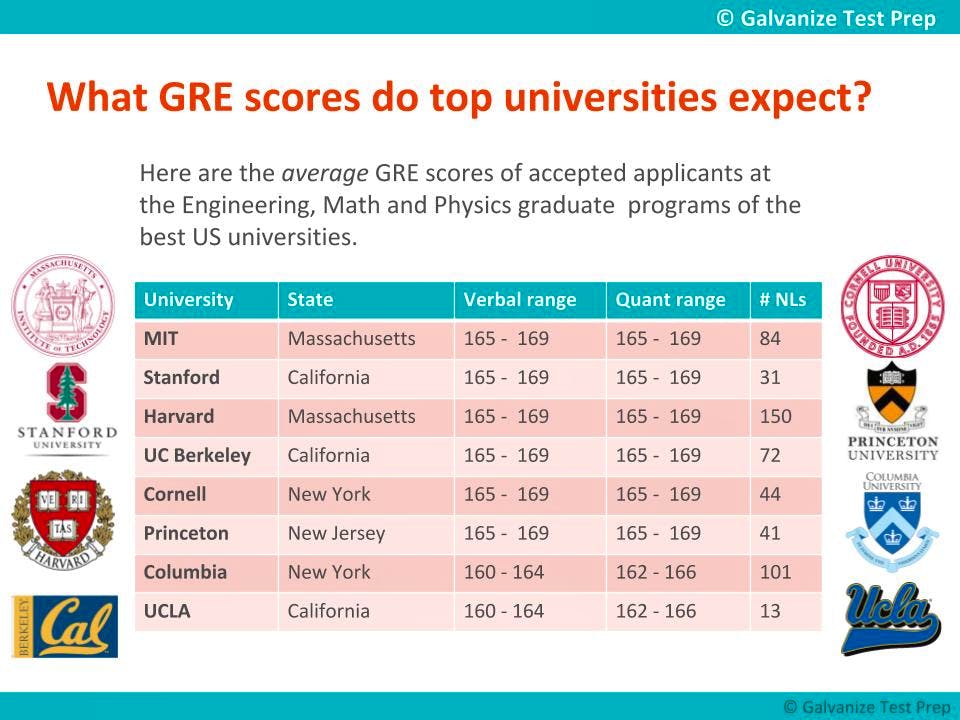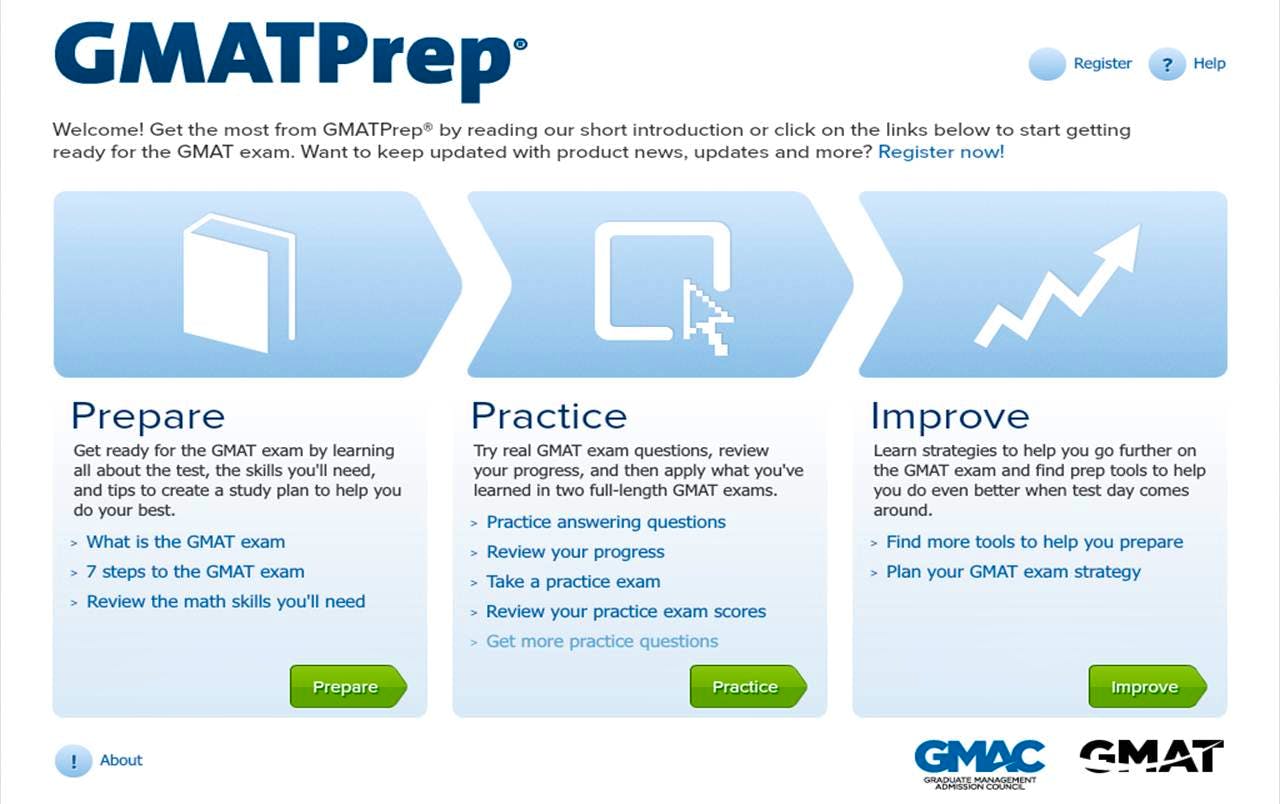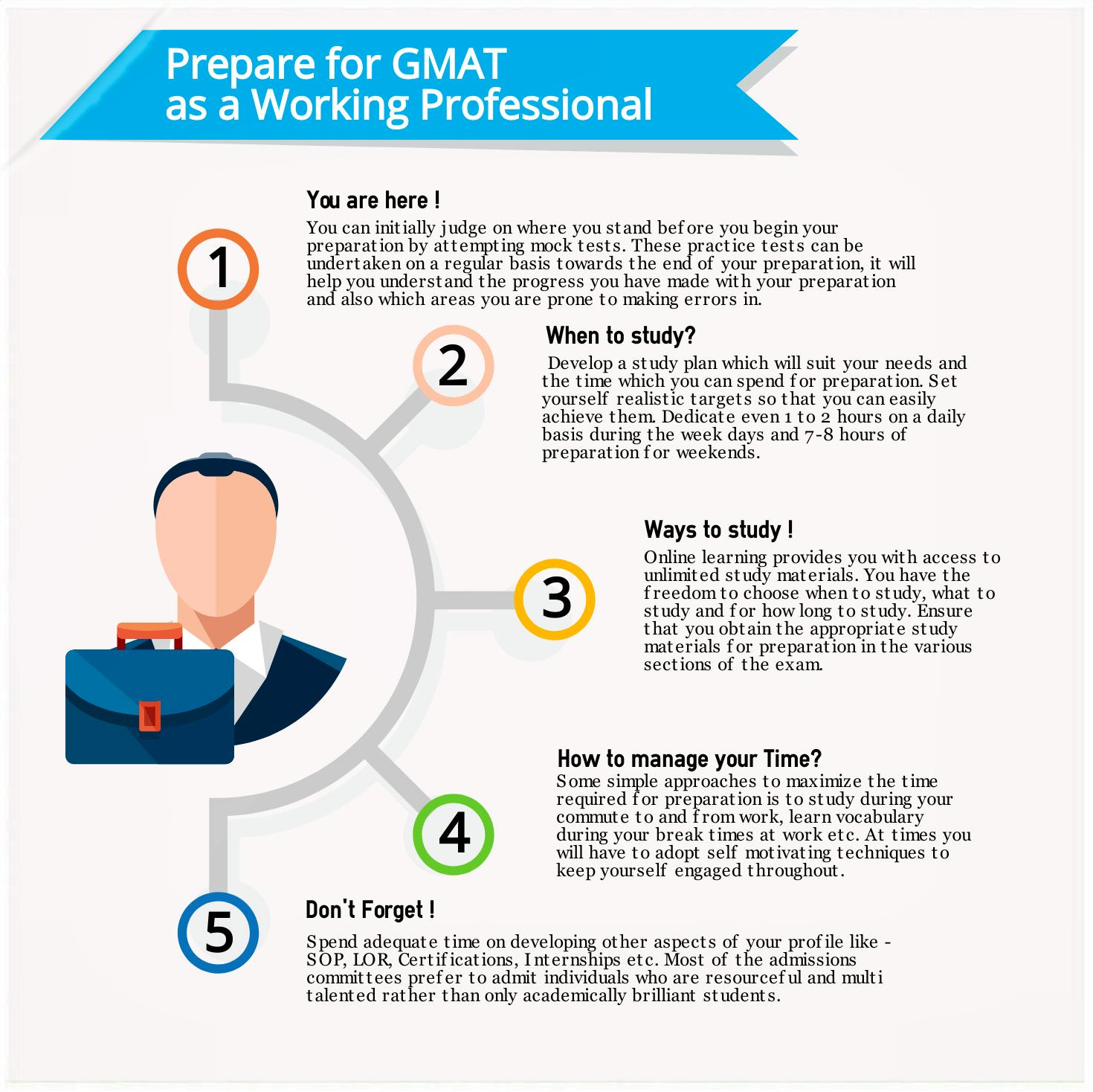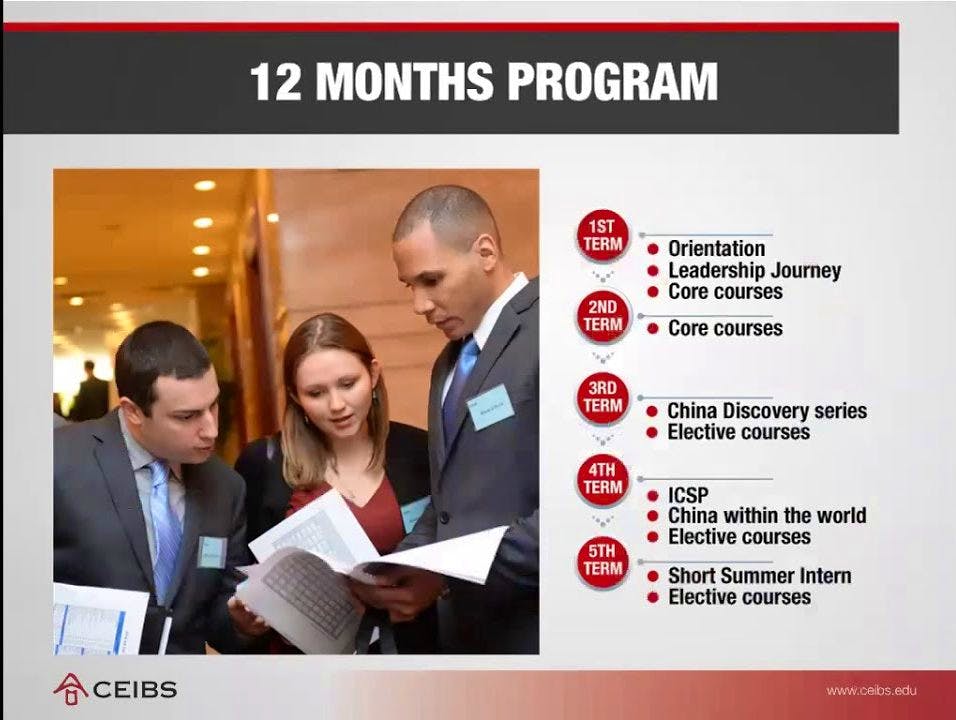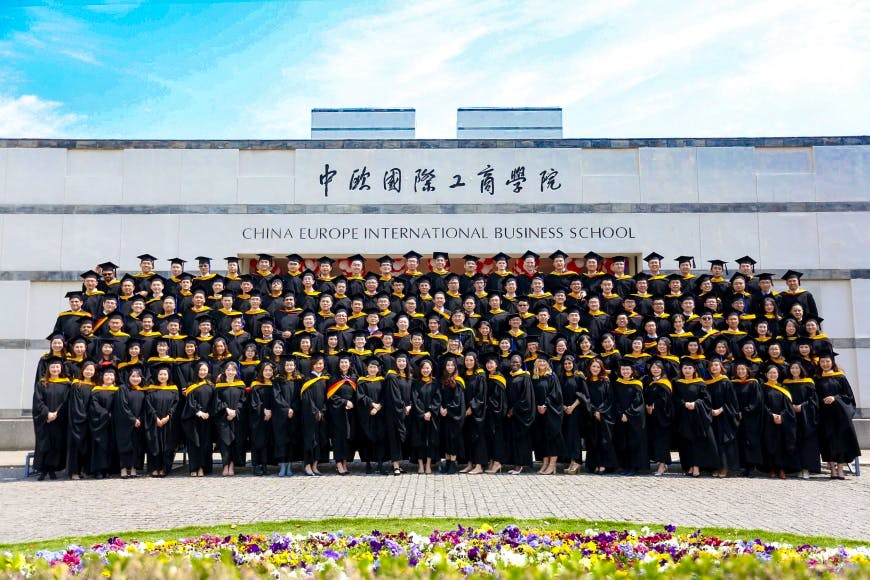Why get an MBA? Tetsuya Noguchi Iijima has an interesting and different take about the MBA program that we have never heard elsewhere.
Tetsuya is a GMAT instructor and owner/president of Affinity English Academy in Japan. For Tetsuya, having an MBA signifies “high-expert status”. It gives you connections, better job opportunities, high-ranking positions, and better pay.
Read the full context of his answer, plus he shares the MBA culture in Japan, his life as a GMAT instructor/business owner and his experience at CEIBS China’s Pre-MBA program.
Hi Tetsuya, can you tell me about company-sponsored MBAs?
Company-sponsored MBA is a Korean and Japanese thing. There are many companies who sponsor candidates from South Korea and Japan. What happens is, the person who has contributed a lot to the company is picked as the MBA candidate and gets sent to the U.S. “on vacation”.
These people receive the MBA status as a bonus or gift. Naturally, they don’t have a strong motivation to study and participate in MBA activities.
I have two points. The first one is that the MBA program shouldn’t be used that way. The second point is, a lot of companies are giving up their sponsorship programs because the person they offer it to just quit after graduating from an MBA.
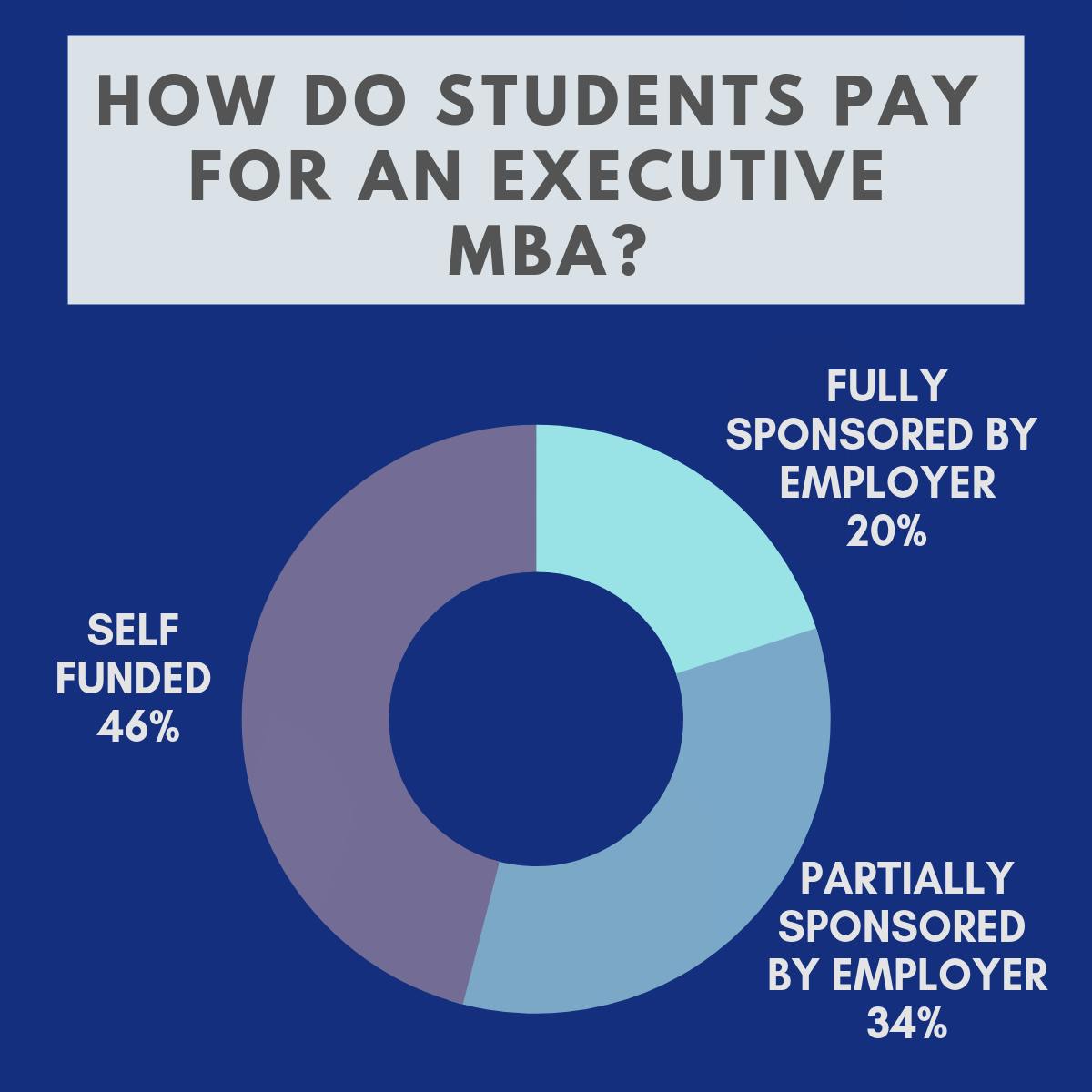
The MBA program is a three to five-year commitment. The employee has to sign a contract that he/she is not going to quit the company during this period. Big companies pay a lot of money to send the employee to the MBA program. This is a problem I see in Japan.
MBA holders are not necessarily treated well in traditional companies. They have an MBA-thinking mindset or an American mindset, which doesn’t fit the traditional companies. They are not well paid and unappreciated. So, they give up working in Japan and instead work in foreign countries. This is detrimental to Japan.
I’m interested in how Japan can moderately welcome MBA holders, but not radically change the social structure. I want to read things from the good elements of traditional Japanese companies. For example, companies played the role of families after the war, replacing the tradition of devastation.
Can you tell me more about that and how it happened? How does it play the role of a family?
In the 1960s, Japan’s economy grew immensely. Japanese businessmen worked in their companies the whole day. Most of them would not go home, because, for men, it’s where they belong and their role was to work.

I know someone who felt like his identity and dignity was tied to the company. Once he quit the company, he had an identity crisis. I don’t think that’s healthy but as a sociology major, these companies gave men a place where they can belong.
How do companies in Japan differ from companies in the West?
There’s this argument in sociology called association versus communities. Basically, in the west, people go to companies, work, contribute to society and earn revenue. There’s a strong barrier between the workforce and family. In other words, a lot of businessmen respect their family time. They try not to spend too much time at work.
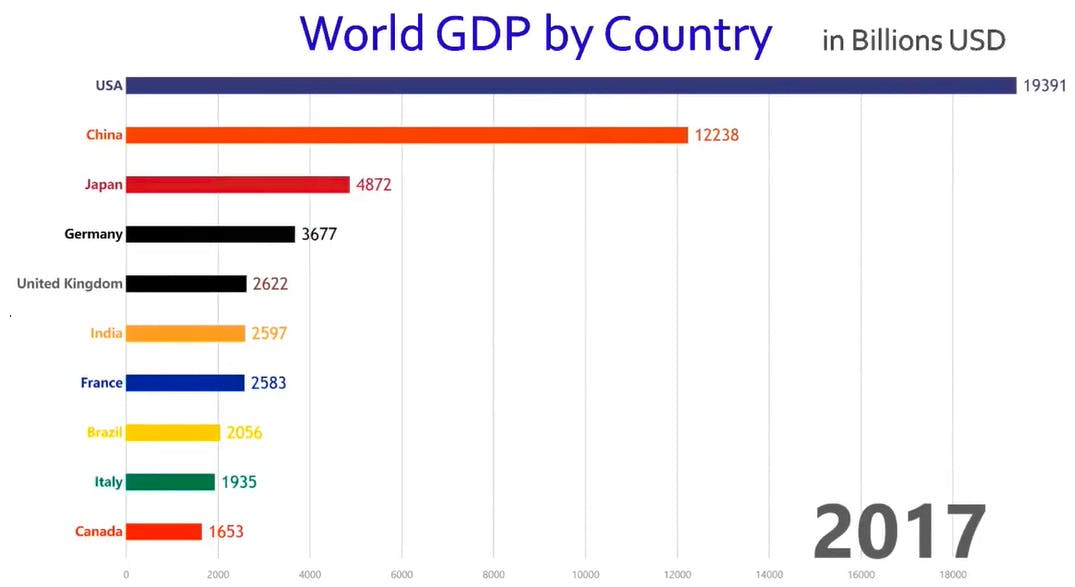
In Japan, particularly for men, companies played the role of communities. It was a place where they belonged, a place of integrity and a place to be safe. That’s the basic difference for me, communities versus association.
A lot of scholars argue that working in companies should only be an association. Employees should not get emotionally attached to companies. I don’t think that’s healthy either.
Besides this, seniority is important in Japan. This is evident in schools and workplaces. Confucianism also influenced this idea. In Japan and South Korea, respect for elders is very important.
It doesn’t matter whether employees are productive or unproductive in a company. People pay more attention to age and the length of their service in the company.
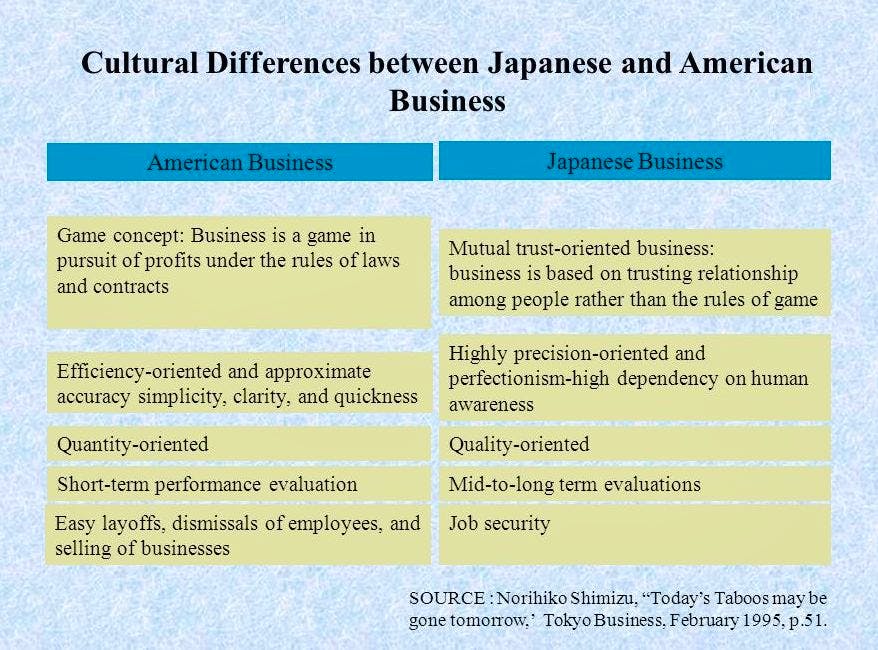
I have the same idea for my company. As the person works year by year, the base rate goes up. However, this is changing drastically at a fast speed. Particularly in investment banks and consulting firms.
What are the opportunities for Japanese people who take an MBA abroad and then come home?
First of all, having an MBA is like a high status. If you’re an MBA holder, you’re the business expert. For example, many of the new and emerging corporations are run by MBA holders. For example, the CEO of a famous company in Japan is a Harvard MBA graduate.
Graduating from an MBA program helps you become the CEO of a big company. It’s sort of a must for some companies. I’m teaching a woman whose husband is running a large company. I guess she’s supposed to run the company in the future. For now, she’s working as a consultant. She’s trying the best she can to enter the HBS (Harvard Business School).

Why is that so? Does it help during the interview?
It’s a brand – “I’m a Harvard graduate”, then you must be good. People feel safer when a corporation is run by an MBA graduate from Harvard Business School or Stanford. These are two of the most popular business schools in Japan.
It’s kind of psychological, it’s a tradition. For a Japanese person, graduating from an MBA is their brand to become a top person. What you learn within the program is important. A lot of my clients also tell me that they want to be connected with the biggest names in the world of business. If they’re well-connected they can work in top global corporations. It’s a ticket to an executive position.
The lessons they learn in the MBA program are about the same from what they learn in accounting, ethics, statistics, etc. You can learn them from books and free online courses.
So, number one is the brand. Number two is a network, and knowledge obtained in an MBA program comes third for me. In western companies, if you have an MBA, you’re entitled to higher pay.
There’s a company in Japan where the CEO encourages his employees to take MBA programs. This is because he is an MBA graduate, and he also promotes speaking English within the company. He runs the company in western style.
What do Japanese students start thinking about when they decide to study MBA programs abroad?
I think students should experience how it feels like to be in an MBA program through boot camps. They can go on a campus tour and see classes. This should be the first thing that students do, but it’s not usually done.
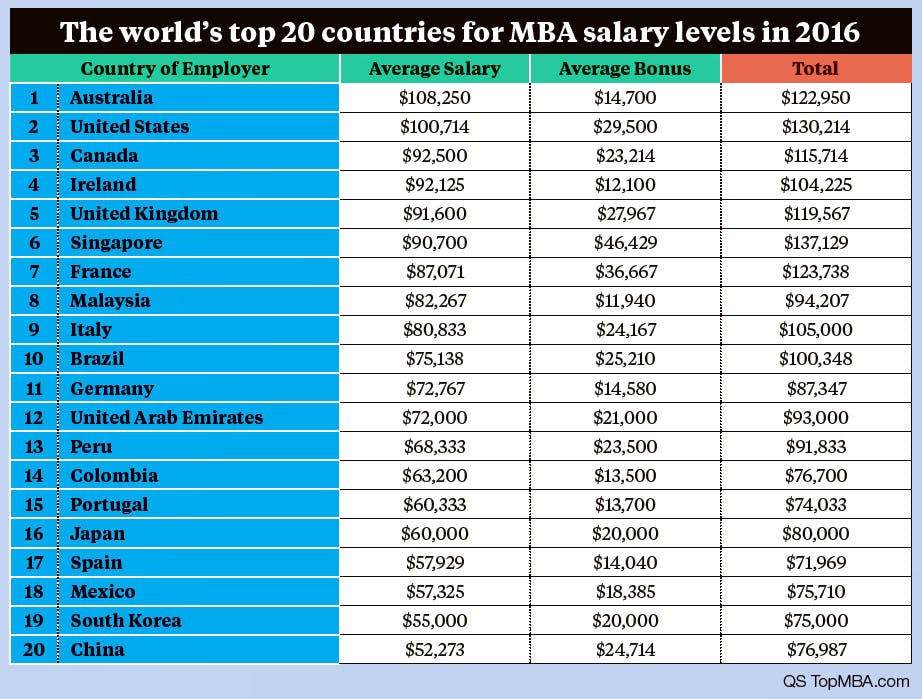
Instead of going on information sessions in schools, some people go for admission consultants. For example, if a person talks to an MBA holder, he might be referred to a consultant.
What do you think about the Graduate Management Admission Test (GMAT) and the Graduate Record Examinations (GRE)?
That’s what I want to talk about the most today. My first advice is to start studying for the GMAT. There are three reasons why this is the first thing you should do.
One, based on my research, there are some schools who treat the GMAT and GRE unequally. For example, a school did not allow the GRE until last year. It’s not on their official page, but the directors of the school announced it in seminars in Japan.
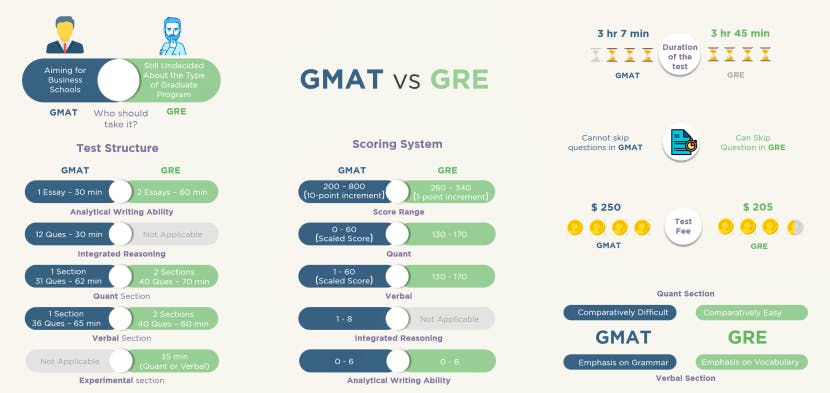
Even if some schools both accept GMAT and GRE, they have different standards. For GMAT, these schools require a 75% grade in math and verbals. For GRE, they require 80% for math and verbals. So, they are stricter in GRE.
My friend Adam Marcus, who is a very reputed GMAT admissions guru is a graduate of master’s but not an MBA. In Oxford, they are stricter on GRE.
GMAT was created in the 1950s by a group of MBA schools. It’s great for busy people to learn. Learning sentence correction is good for business writing. It’s a good way to find out if a person can write and correct his own work.
Sentence correction helps you become a concise and clear writer. Learning quick reasoning helps you become a logical thinker. In short, GMAT is an excellent test for business people to study, whether they go for an MBA program or not.
On the other hand, GRE is a test of vocabulary and reading. GRE is good for people who want to take literature, history, and similar majors. The GRE was designed for that general grad school majors. I don’t think business people will learn as much in the GRE.
Number two, some schools prefer GMAT and number three, some people are required to turn in their GMAT scores when they find a job. This practice is common in the consulting industry. For these three reasons, I strongly recommend the GMAT first. This is my advice to most of my clients.
However, if for some reason you think you can’t do well in GMAT, then turn to the GRE. In the initial stage, in my first consultation, I usually advise people to take the GMAT and GRE diag tests. The name is the GMAT practice exam and the GRE power prep. I strongly advise taking these prep tests once or twice to know what the tests are like and so they can score higher.
If someone takes the GMAT three times and doesn’t get the score he/she needs, you should tell them to take the GRE first, even if they are not ready. I can give you the specific numbers, but I had two clients last year and one of them took the GMAT three times. His highest score was under 600, I think the best score he got was 580.
Then, he listened to my advice and took the GRE test without much preparation. He got a score of 640 or 650 on the GRE. It ended up being his best score. He took the GRE again a couple of times and he couldn’t get a score higher than that. A similar thing happened to my other client.
You can’t help but wonder why a lot of schools accept GRE, right? I think because they want something different, something that can gauge the students. On the other hand, for some programs, they prefer GMAT because they are more business-oriented.
In my analysis, these schools also like GMAT better because it has more statistics. The MBA program has courses that do surveys. There’s a relationship between GMAT scores and how well students do the MBA program. There is similar data for GRE, but not as much as GMAT. This is one reason why some schools are hesitant to accept the GRE. But now, most schools treat GMAT and GRE equally, and this is a trend.

What are the advantages of GRE?
On the part of the test taker, the GMAT can never be conquered no matter how much they spend time studying. In GMAT, the amount of time people spend and the score don’t really correlate. My analysis is because GMAT is a test of analytical skills, the more time you read books and solve questions doesn’t necessarily train someone to be a good analytical thinker.
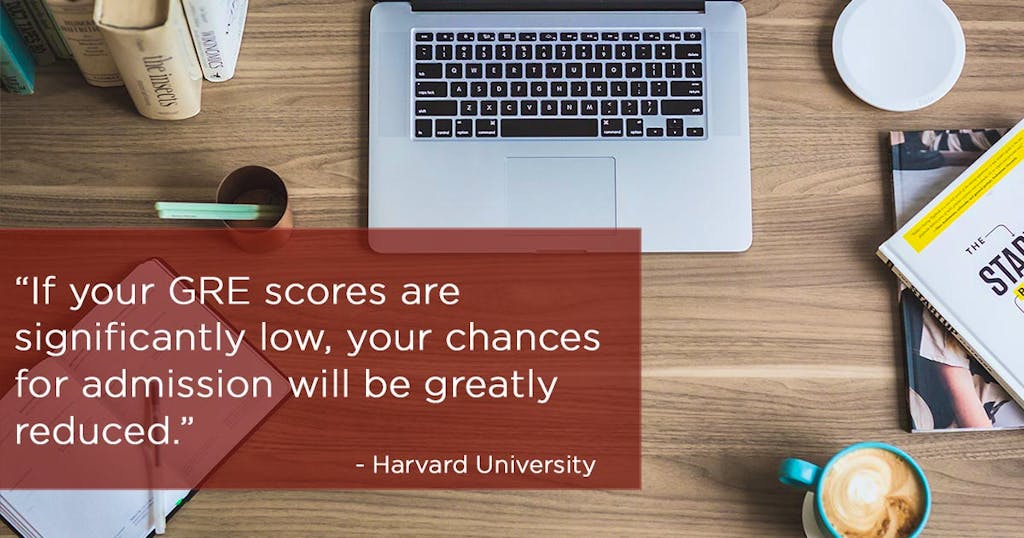
Whereas, in the GRE, it’s reading and vocabulary. The more time you spend on vocabulary, the more words you remember. Usually, your reading skills go up too. GRE gives you improvement as you go along, while in GMAT, some people never become confident or sense an improvement.
It’s important to remember that this is from a test takers point of view. So, the question is, what about people who had a high score on the GRE, were able to get into an MBA but they lack the skills for the program? It’s something that we all need to think about. Nobody knows the answer to that.
For someone like me who wants to help clients as much as possible, I’m very aware which test is best for the client. I’m building hypotheses what kind of people fail in the GMAT and what kind of people fail in the GRE.
When I first see a client, I often look at what they do as a job, what they studied in high school and college, so I take in all these factors and variables. Then I ask them what they think of taking diagnostic tests. This is what I do during my consultations.
You mentioned that it’s challenging to improve your score in the GMAT. What are some ways beginners can get better scores?
What I said was, not always, but that’s sort of true. Some people score 680 to 720 at the first try without really studying for the test. Some people are naturally good, while others spend 2 to 3 years and never score in the GMAT.
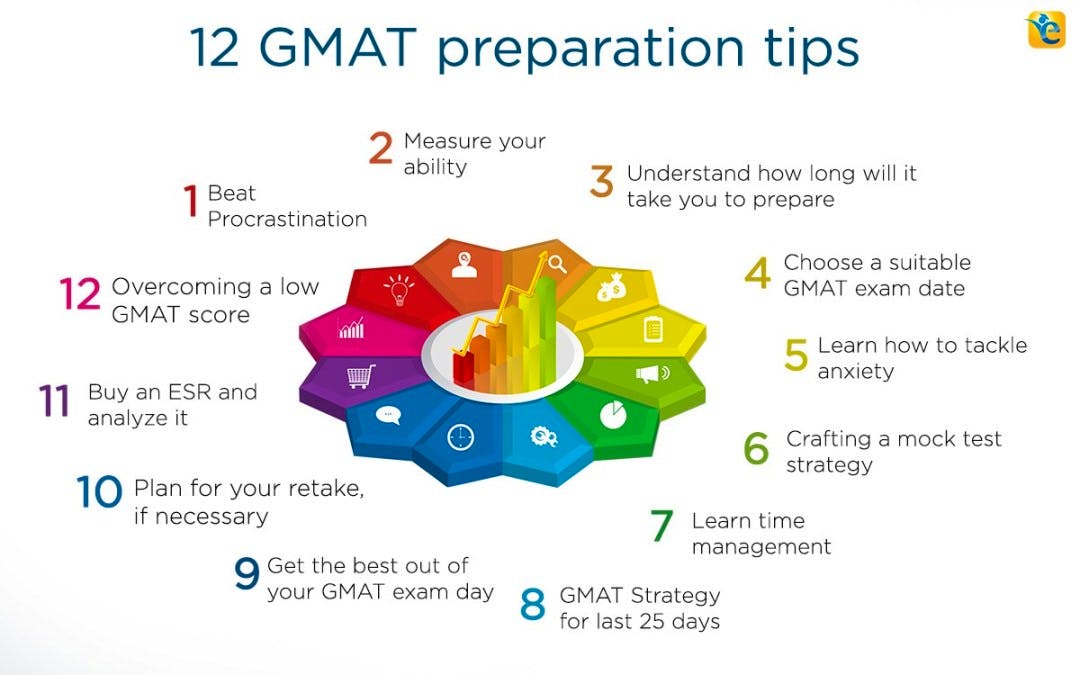
Even if the GMAT is not a test of English skills, it requires basic English and Math skills. My first advice is to have solid knowledge, background, and education in Math and English reading. I recommend a reading score of 28 and above before studying the GMAT.
In Math, you have many ways to measure your skills in the subject. Those who are good in Math usually have a test score of 47 to 49. Prepare for Math, be a good English reader, and then study basic grammar. Studying sentence correction but not studying grammar is meaningless.
After they study these three things, they can come to me and they will be ready to take the test. Isn’t it common knowledge that to be critical and analytical in English, you have to know how to read English first?
Some people have the illusion that going to test prep school solves everything. These people who spend a lot of money and time, they come to me.
I usually tell GMAT takers to start from scratch. What I’m saying is, don’t rely too much on test prep schools.
GMAT is tough. One of the main reasons why questions are tough is because sentence construction has many parts which are arbitrary. In other words, whatever the question makes you think is the best answer. What’s a good sentence? What’s good grammar or bad grammar? There are a lot of subjective elements.
There are many people who get away with GMAT. Test prep schools start with sentence correction on the assumption that it’s where Japanese people can be good at. However, from experience, this is not really the case.
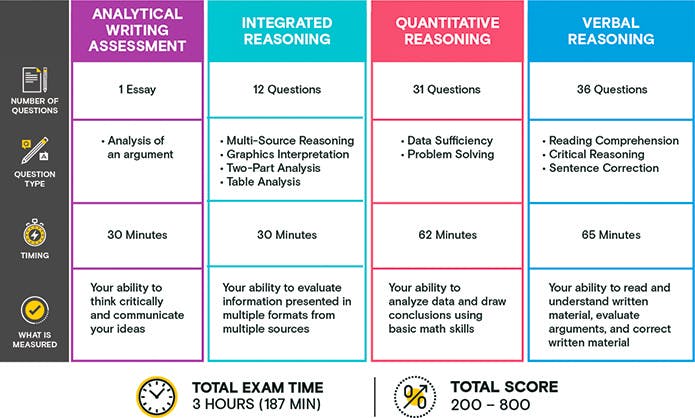
There was a woman who came to me before, she was applying at Stanford. From my analysis, she only needed like 680 or 692 to get accepted. We had an initial consultation and I found out that she was good at reading, but not in grammar.
We decided that she only study Math and critical reasoning. She scored 680 or 690, but sentence construction was horrible. Don’t let test prep schools decide which part you’re good in or which part you have potential in.
Do you think these tests can determine if a person succeeds in life?
I learned a lot from the GMAT. I have no formal training, but I have been teaching critical reasoning so it has made me a confident lecturer. I am also very comfortable with sentence correction, writing, and grammar. Many people also say this, that they learned a lot in the GMAT.

It depends on what you mean by “successful in life”. Studying for the GMAT helps you acquire a lot of skills that can be used in business situations. That much I can say. I’m actually promoting critical reasoning in high school education in Japan.
Do you think native English speakers or a specific group of people have an advantage in GMAT?
Fair or unfair, native English speakers have an advantage over non-native English speakers. In my opinion, the business world is unfair anyway. Speaking English, Japanese or Chinese well often summon success in life.
There was an American living in Tokyo, he needed someone who teaches GMAT and he heard about me. She didn’t care whether the instructor was a native or non-native English speaker. He took the GMAT three times.
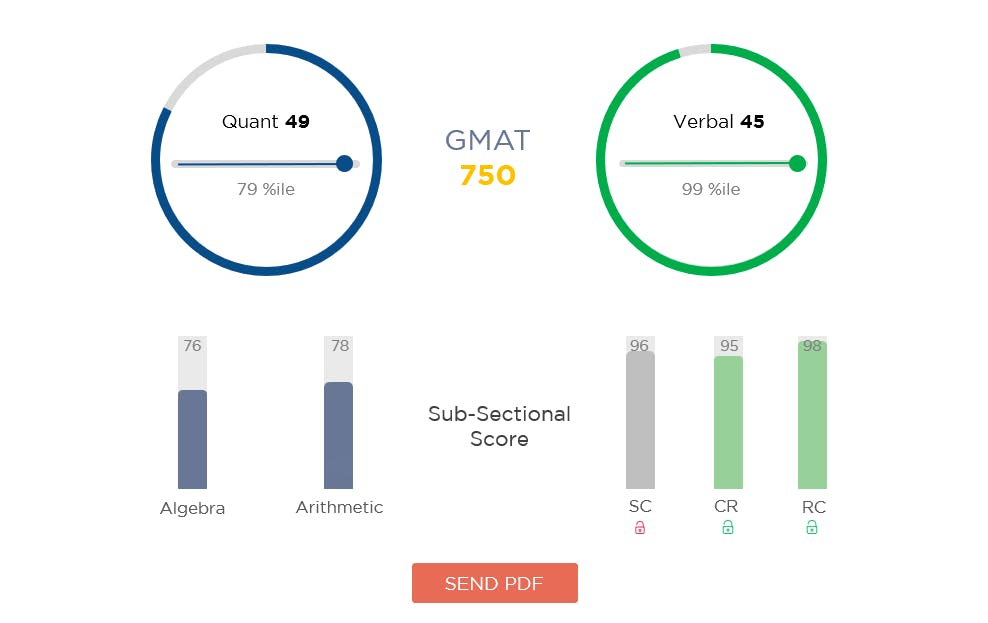
Native English speakers have an advantage in the verbal test. Also, speaking English is generally an advantage in the business world.
What do you think about Japanese students studying in China versus America?
A Japanese student who studies in China has to know what that means to her/him. I think Japanese students should go to CEIBS. If number one, they want to have a job in Korea or China. Number two, their current Japanese job entails a lot of Chinese.
To study in China, the student has to have a strong commitment to China. The person needs to have these three things to study in China, not only to study in, for example, CEIBS because it has a high ranking.

On the other hand, going to a school in the U.S. is a “brand” thing if you compare it to China. For students who want to take an MBA in China, I would tell them to think if they really want to go there. Is China important to your life? If no, you should probably consider the U.S. or Europe, these are international markets.
How is your experience in the CEIBS Pre-MBA program?
It was a great opportunity for me to get new insights. I particularly like the China-America lecture. More and more American and Japanese companies will do business with countries that have totalitarian governments. There are certain risks with doing business in these countries. It was interesting.

As a business owner, I learned a lot. The leadership lecture made me think a lot. Personally, I feel like I need to be confident in some situations and humble in others. It was also nice to experience what an MBA program is like. How the classes were taught, the type of people, It made me realize that I should be confident from now on teaching GMAT. If students want to go to CEIBS, there’s much I can share with them.
Can you tell me more about what happens in the program? What kind of students should apply to the CEIBS MBA program?
Students who should apply are those who understand the importance of discussion, teamwork and group work. This is what they need to succeed as a business person.

Traditionally in Japan, classes are held one way. The teacher talks and the students listen. In my GMAT class, I try the MBA way. Some people don’t appreciate that. However, you need to participate in classes and you have to know the importance of that.
Personally, I think I’m pretty good at holding meetings. Someone learns to be a good facilitator or good team leader through the experience in the MBA program. People can learn business skills and theories, you can learn these things in books. Doing class discussions, group work, and human relations can help a person become a business leader.
Great interview Tetsuya! Thanks for sharing your expertise about the GMAT and GRE. Many people can use the helpful information when they take the tests.
If you want to advance your business career, search for MBA programs at China Admissions!
- 5 Tips to Get a Scholarship in China this 2025 - July 16, 2024
- Study MBBS in China: Admissions Guide for 2024! - June 12, 2024
- 8 Universities in China with the Best Online Chinese Programs for 2024 - June 2, 2024


